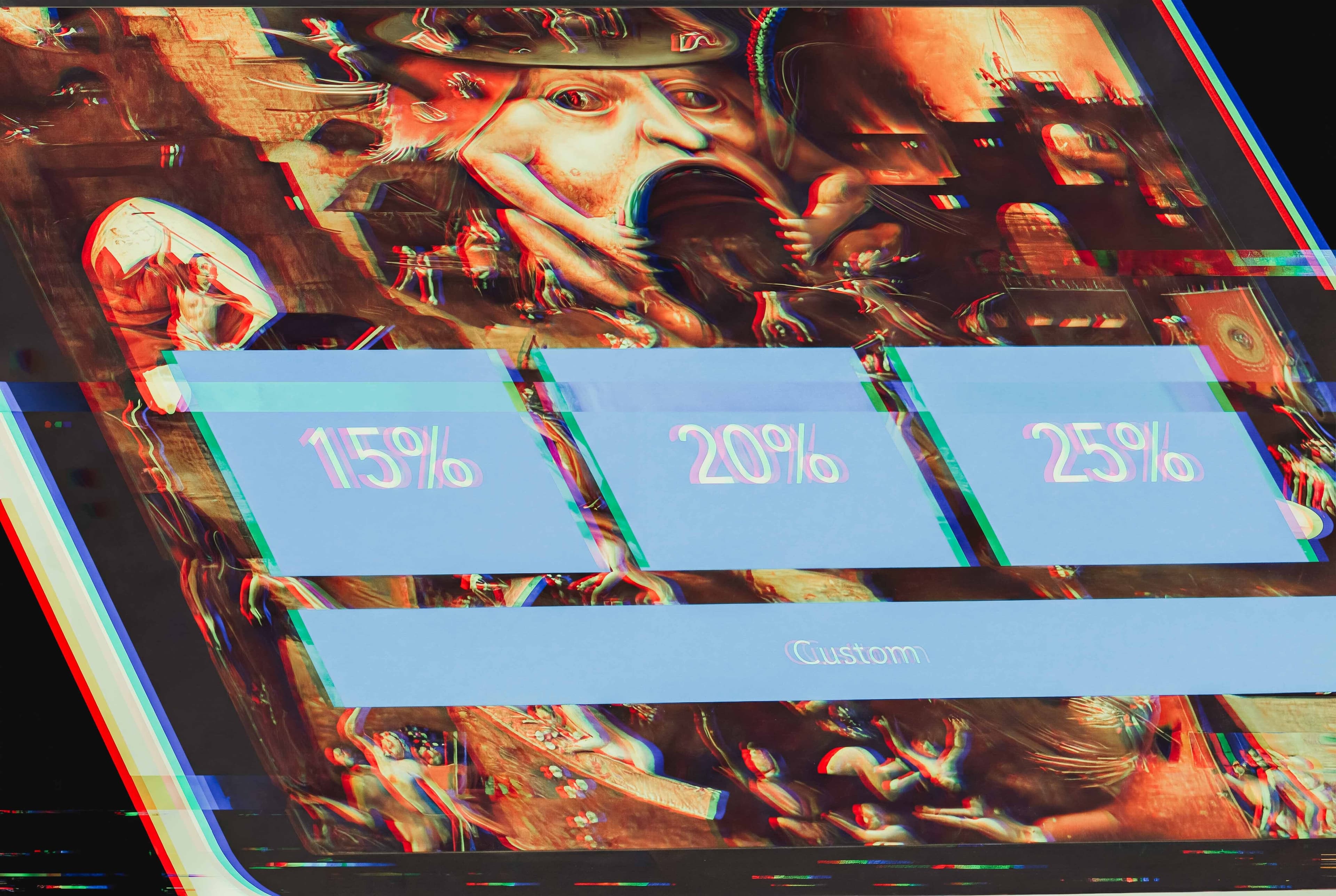This is a developing story.
Today, a bipartisan group of lawmakers introduced a bill that would force ByteDance, the Chinese technology company that owns TikTok, to sell the app to a non-Chinese company due to national security concerns.
Representative Mike Gallagher (R-WI), chair of the House select China committee, and Raja Krishnamoorthi (D-IL) co-authored legislation that would give ByteDance 165 days to divest from TikTok or face a ban from US app stores. The legislation would also expand the president's power to ban or restrict apps deemed concerning to national security.



